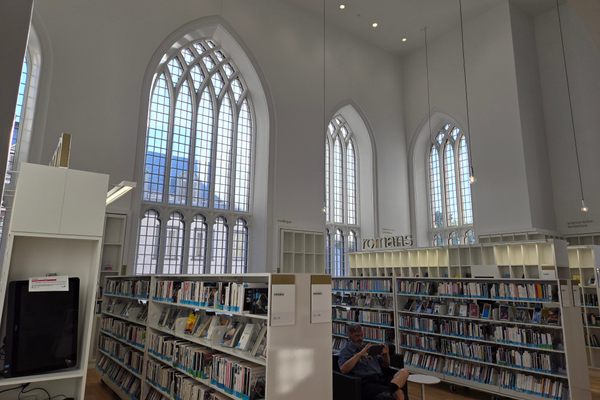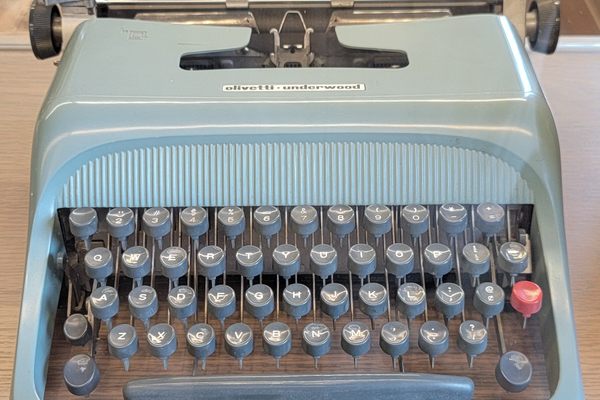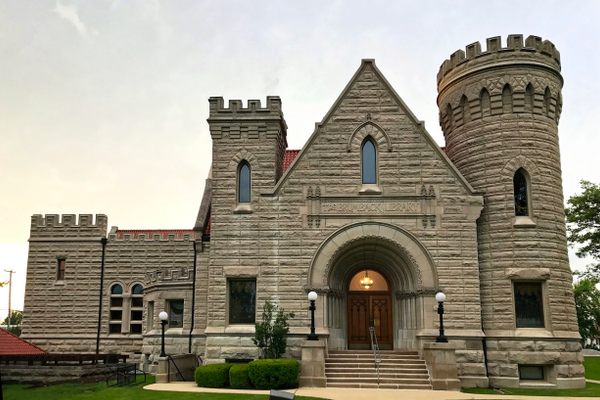About
At a town meeting in 1833, the citizens of Peterborough, New Hampshire decided that the pursuit of knowledge was a civic good so great that they were willing to pay for it in perpetuity. They established a free public library, which would be the first in the world entirely supported by taxation.
The 1830s were a deeply-felt time of reform across New England. The notion that human beings were responsible for molding their institutions to create virtue saw expression in the temperance and labor movements, reforms in prisons and schools, abolitionist rumblings, and the proliferation of utopian communities. This spirit of active improvement paired with the advocacy of the literary-minded Reverend Abiel Abbot spurred Peterborough towards its groundbreaking decision.
Abbot, a Unitarian minister, was a one-man library-making machine. He arrived in Peterborough in 1827 and immediately set up both a youth library in his home and the Peterborough Library Company, which was supported by membership dues. In proposing the creation of the town library, he described "a central collection of books that would be owned by the people and free to all of those that lived in the town." Inspired by the result, the New Hampshire State Legislature passed a law authorizing towns across the state to raise money for libraries in 1849. Britain wouldn’t pass its Public Libraries Act until 1850, and America’s first large public library - the Boston Public Library - was founded in 1852.
The Peterborough Town Library was first housed in a general store that also served as a post office. In fact, the postmaster was acting librarian until 1854. After the library served a stint at town hall, a permanent home was finally built in 1893 to house a book collection that had grown into the thousands. The elegant portico was added in 1914 and the library building has been expanded twice more since.
Related Tags
Know Before You Go
2 Concord St, Peterborough, NH 03458
Published
October 14, 2015

























